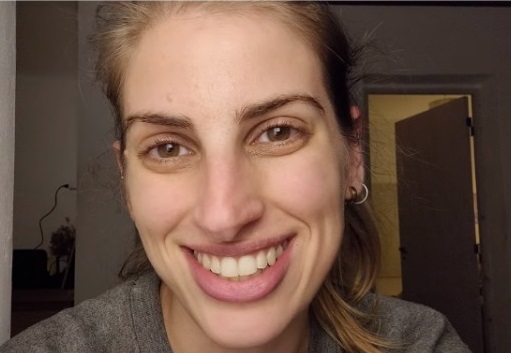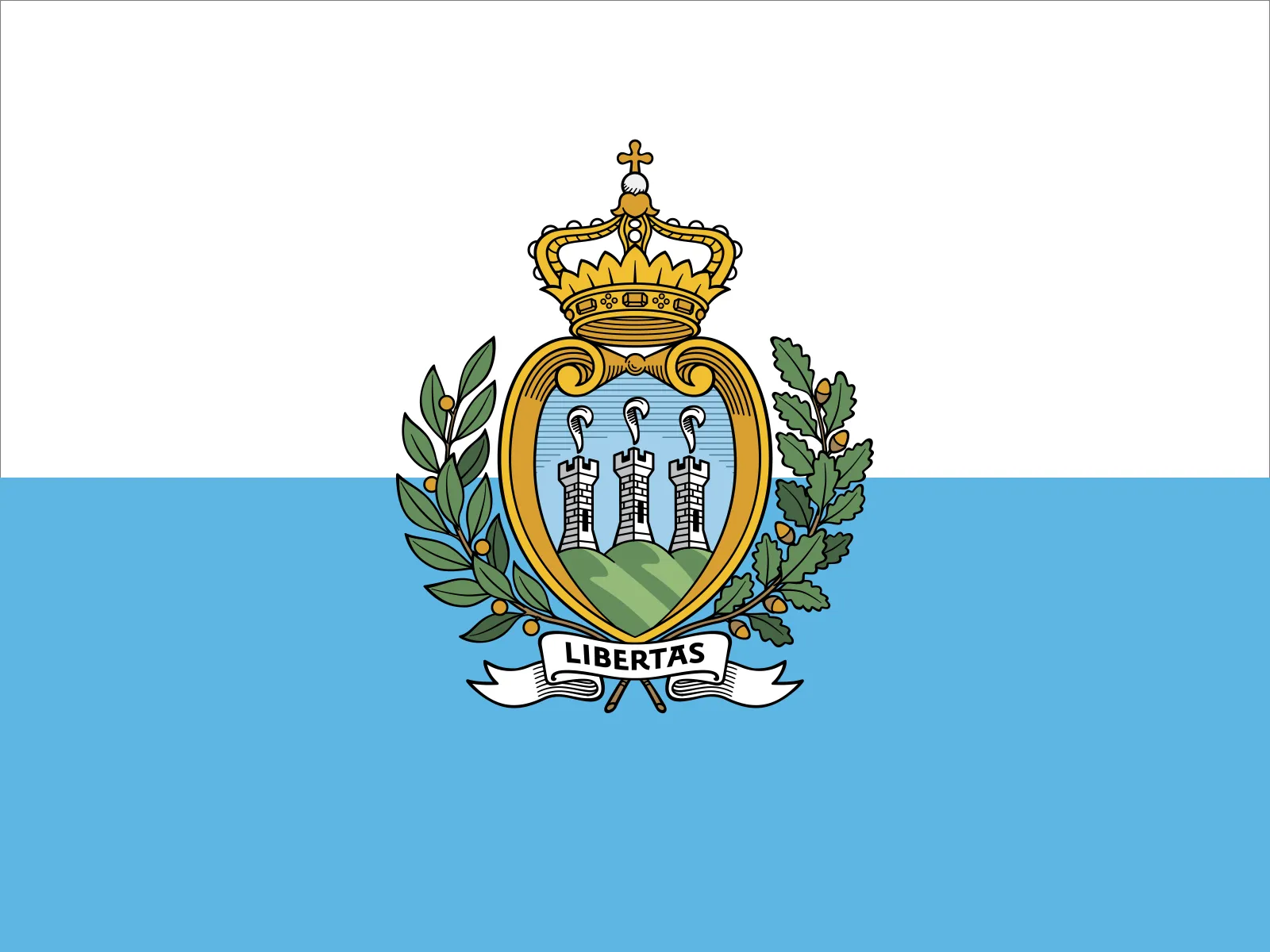
First classical music concert
Marian (
San Marino
 )
)


My first classical music concert – Marian’s goosebump moment
“Hi! My name is Marian, I am from San Marino and my goosebump moment was my first classical music concert. I remember I went with my mother. It was in a church near my house, I had never gone to a classical music concert before, and it was an amazing experience. I remember that hearing for the first time like the violins, the cellos and the string instruments was incredible and kind of magical because the acoustics, the sound of that place was perfect for this. It was amazing. I remember that it made me enjoy music even more. I nearly burst into tears hearing that kind of music for the first time, it was amazing”.
Transmit emotions through classical music
It is said that music is the universal language and that it is not necessary to have notions or knowledge of the subject for a work to transmit emotions and make the listener enjoy it.
In that sense, classical music imitates the tonal characteristics of the emotion of the voice and has the capacity to provoke chills or produce joy, even in different cultures. In addition, it can become a catalyst for good mood, it has a great potential to act as a tool that will allow us to improve our mood. Frequent listening to classical music will allow us to be happier thanks to its harmony.
Classical music provokes a series of sensations that affect the whole brain, thus helping to reduce pain and anxiety.
How to enjoy a classical music concert
The vast majority of those who enjoy classical music do not know the musical techniques at a primary level. It is true that when one knows the musical technique of composition or playing an instrument, one can appreciate aspects that others cannot detect. However, one can enjoy music without knowing how to compose or play an instrument.
Nor is it necessary to ‘understand’ it. It is not essential to understand what the composer intended to convey to enjoy it, even in program, descriptive or operatic music. One can simply listen to the melody, totally forget the story told by the singers and find great pleasure in listening to their beautiful voices and the music.
Most operagoers are unfamiliar with the details of the libretto, and it is often sung in a language they do not understand. However, aside from the people who come for a simple social event, many appreciate the beauty of the music and the voices, are moved by the great moments of the plot, and remember a pleasure they will seek out again.
I believe that all people who feel a cultural concern for classical music should approach it gradually, forgetting shortcomings and complexes, leaving the mind open to enjoy one of the best gifts that an artist can leave as an inheritance to the following generations, the work of good composers.
Benefits of listening to classical music
Music influences our mood and provokes a series of sensations that affect the whole brain, helping to reduce pain and anxiety.
It has been demonstrated the positive influence of classical music in the treatment of some diseases. For there are several neurological disorders that, although they have no cure, use music as a form of treatment: Alzheimer’s, Parkinson’s disease, Tourette’s syndrome, and different forms of autism.
For example, according to research published in The Journal of Surgery Cardiothoraic, listening to classical music or opera after a heart transplant can mean the difference between success and failure, as they have found that music reduces anxiety, pain, and nausea, even claiming that there may be some effect on the parasympathetic nervous system (a part of the nervous system whose function is to control unconscious things in our body, such as digestion).
Listening to classical music could combat insomnia. The University of Toronto claims that “the rhythms and tonal patterns of this type of music create a meditative mood and slow brain waves,” which helps you fall asleep faster. This is due to the rhythms and tonal patterns of this type of music, which create a meditative mood and slow brain waves.
More about classical music concert:

I don’t think the title of your article matches the content lol. Just kidding, mainly because I had some doubts after reading the article.
Thank you for your sharing. I am worried that I lack creative ideas. It is your article that makes me full of hope. Thank you. But, I have a question, can you help me?
I don’t think the title of your article matches the content lol. Just kidding, mainly because I had some doubts after reading the article.
Your article helped me a lot, is there any more related content? Thanks!